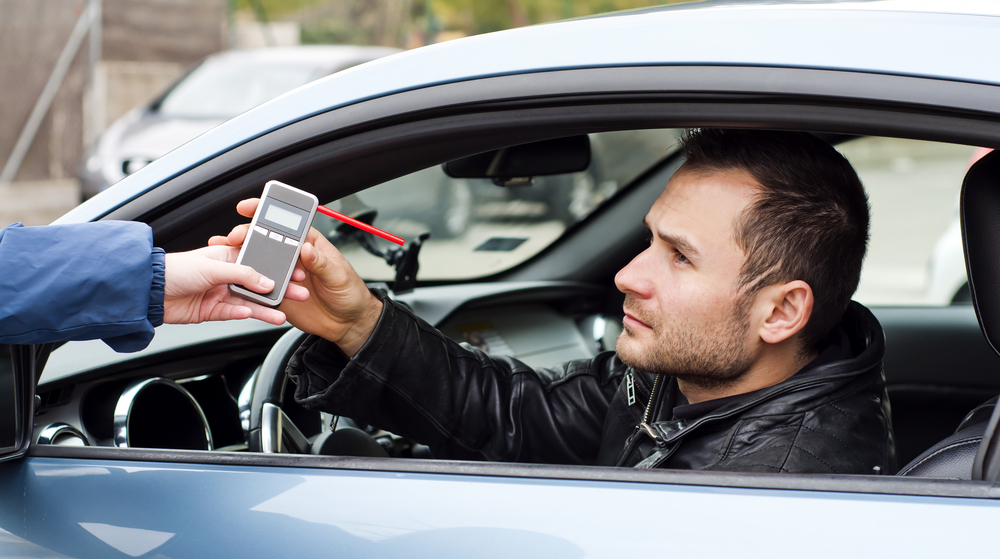Share This Article
By Jimmy Singh and Tayla Regan
Do I Have to Stop My Car When Signalled By Police?
The police are allowed to direct you to stop your car for the purposes of subjecting you to a random breath test (RBT). Failing to comply with this requirement carries a penalty of $1,100.
After stopping you for an RBT, the police can then require you to submit to a road side breath test. the breath test is a preliminary indication of whether your above the legal limit of alcohol in your breath or blood.
The police can only then arrest you (without a warrant) if the breath test at the road side indicates that your alcohol reading was above the legal limit.
After arresting you, the police will then be allowed to take you to a location (usually a police station), with force if necessary, where you’ll be required to submit to another test called a breath analysis to give an official alcohol reading.
That breath analysis reading is the reading that can then be used in court to prove the charge of drink driving. Without it, the police would have insufficient evidence against you in court.
In circumstances police do something illegal to get evidence of your alcohol reading, they will normally not be allowed to use that evidence under the law. The law that can kick out any such evidence is section 138 of the Evidence Act (NSW).
For example, if the police end up getting you to submit to a breath analysis test after illegally arresting you, the evidence of the alcohol reading from the breath analysis machine cannot generally be used against you in court. This means, that it can be thrown out of court, in which case, you will be found not guilty.
Breath Testing on Your Property
In our earlier blog, we explained some of the situations you can refuse to comply with police directions to provide a breath test or analysis.
An interesting situation where police are not allowed to submit you to an RBT or breath analysis is where you are at your home. This is found in Clause 2(1)(e) of Part 2 of Schedule 3 of the Road Transport 2013 (NSW).
The case of DPP v Skewes [2002] NSWSC illustrates this situation.
DPP v Skewes [2002] NSWSC 1008
The case of Skewes is a good example of what the law says when approached by a police officer for a breath test at your place of abode (your home).
Rohan Skewes was accused of an offence of low range drink driving at his home in Tamworth.
Whilst approaching the driveway of his home, a police vehicle travelling behind him at the time signalled for him to stop by flashing his lights and sounding the sirens.
Given that Mr Skewes was at his residence, he turned into his property and stopped his vehicle in the driveway.
The police officer walked over to the driveway where Mr Skewes had gotten out of his vehicle and directed that he submit to a police breath test.
After conducting a police breath test, Mr Skewes blew an alcohol reading within the low range (between 0.05- 0.08).
It was later argued in court that a police officer is not allowed to request a person at their home to submit to a breath test.
In these circumstances, the defence argued that the driveway of a home is still considered to be a part of Mr Skewes place of abode (his home).
The case was taken all the way to the Supreme Court, where it was held that the police could not prove beyond reasonable doubt that a breath test was conducted outside of Mr Skewes home.
The court agreed that a driveway is considered a part of a person’s home.
The Judge therefore found that the alcohol reading was unlawfully obtained and was therefore not allowed in as evidence against Mr Skewes.
The prosecution had no other evidence to offer- so the Judge dismissed the case, and ordered that the prosecution pay Mr Skewes’ legal costs.
If raising this defence, the police are required to prove that the breath test was conducted outside your home or place of abode.
Generally, police are not allowed to submit you to a breath test:
- In your home;
- In your front or backyard;
- On your driveway; or
- On any part of your property or behind the boundary of such property.
The police can require you to submit to a breath test at your family or friend’s home.
Our drink driving lawyers in Parramatta specialise in traffic cases- who are available 24/7 to answer any questions arising from this blog.









